 PET recycling startup Loop Industries has inked another deal with a global food and beverage brand.
PET recycling startup Loop Industries has inked another deal with a global food and beverage brand.

 PET recycling startup Loop Industries has inked another deal with a global food and beverage brand.
PET recycling startup Loop Industries has inked another deal with a global food and beverage brand.
 Canada’s federal, provincial and territory leaders will work together on a plan for ushering in a circular economy for plastics.
Canada’s federal, provincial and territory leaders will work together on a plan for ushering in a circular economy for plastics.
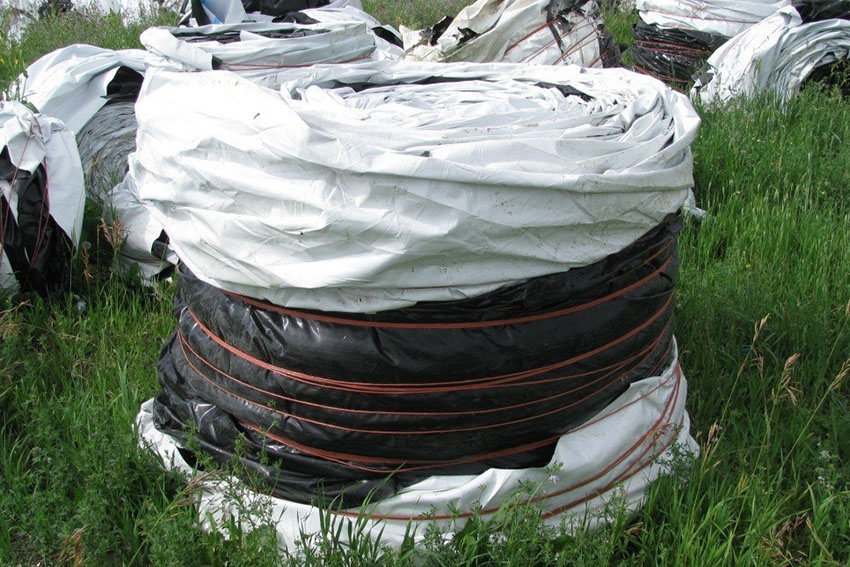
Rolled grain bag ready to be shipped to recycling end-market.
A permanent, consumer-funded grain bag recycling program has gone into effect in Saskatchewan, where farmers use 15,000 to 20,000 bags annually.
 When it comes to chemical recycling techniques for scrap polystyrene, some companies break the plastic down into its component monomers, and others dissolve it without cutting the polymer chains.
When it comes to chemical recycling techniques for scrap polystyrene, some companies break the plastic down into its component monomers, and others dissolve it without cutting the polymer chains.
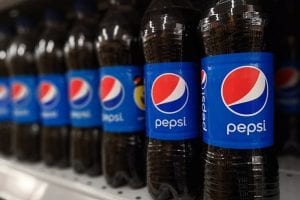
A depolymerization technology firm has landed an RPET sales deal with one of the world’s largest food and drink companies.
 Two Canadian depolymerization startups recently signed significant deals to advance commercialization of their technologies.
Two Canadian depolymerization startups recently signed significant deals to advance commercialization of their technologies.
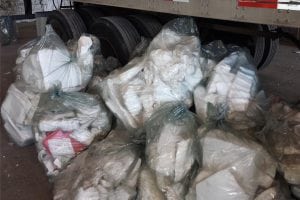 Canada’s largest city conducted a pilot project last year to find a consistent outlet for densified foam polystyrene. The effort reached a clear conclusion, but it wasn’t good news.
Canada’s largest city conducted a pilot project last year to find a consistent outlet for densified foam polystyrene. The effort reached a clear conclusion, but it wasn’t good news.
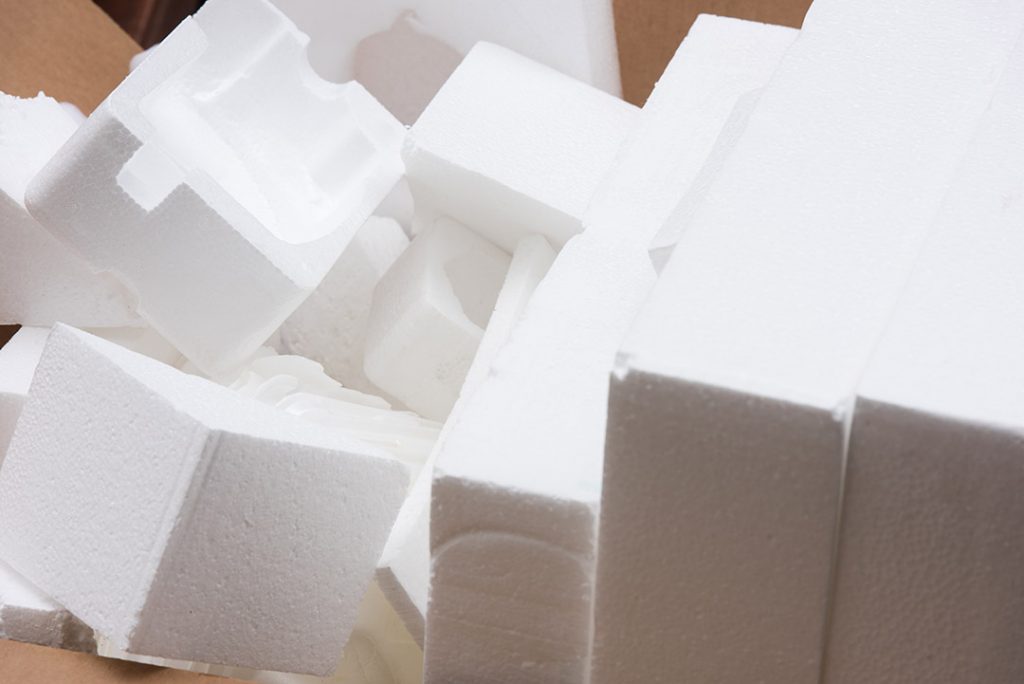
A Canadian company that recycle EPS via a dissolution process has raised millions of dollars to help it scale up.
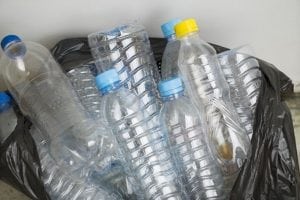 Quebec startup Loop Industries has unveiled a more efficient technology for depolymerizing scrap PET.
Quebec startup Loop Industries has unveiled a more efficient technology for depolymerizing scrap PET.
